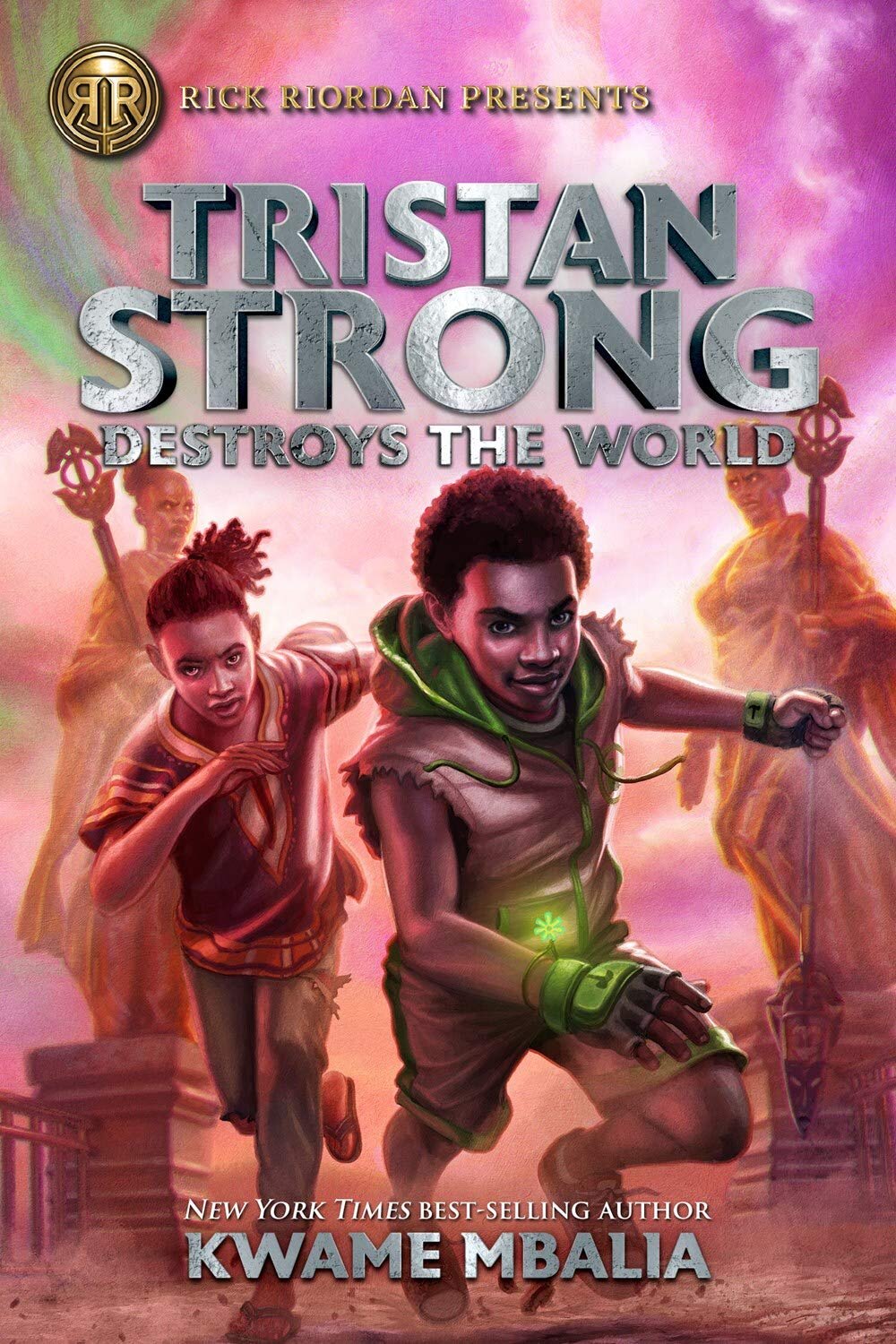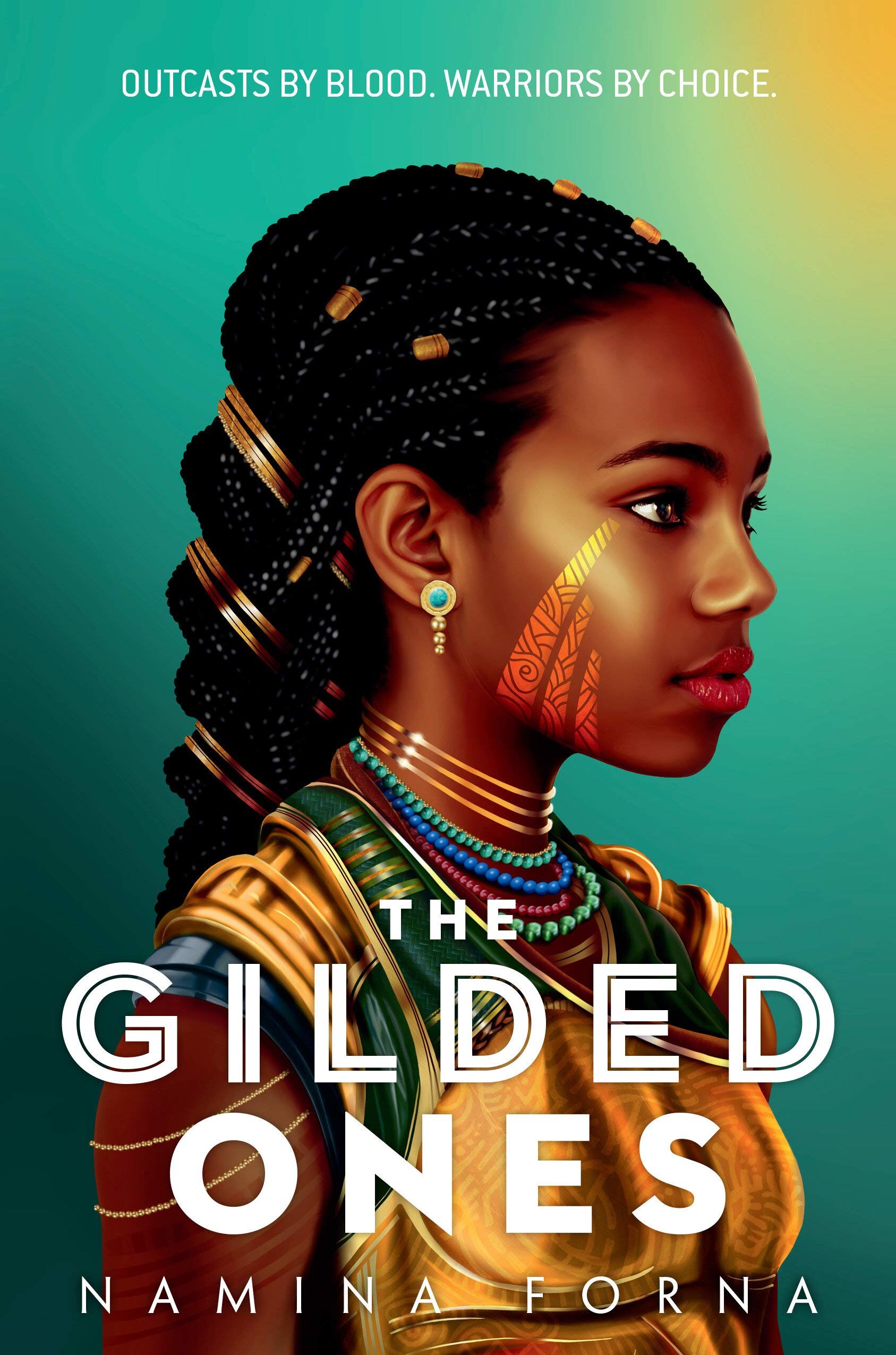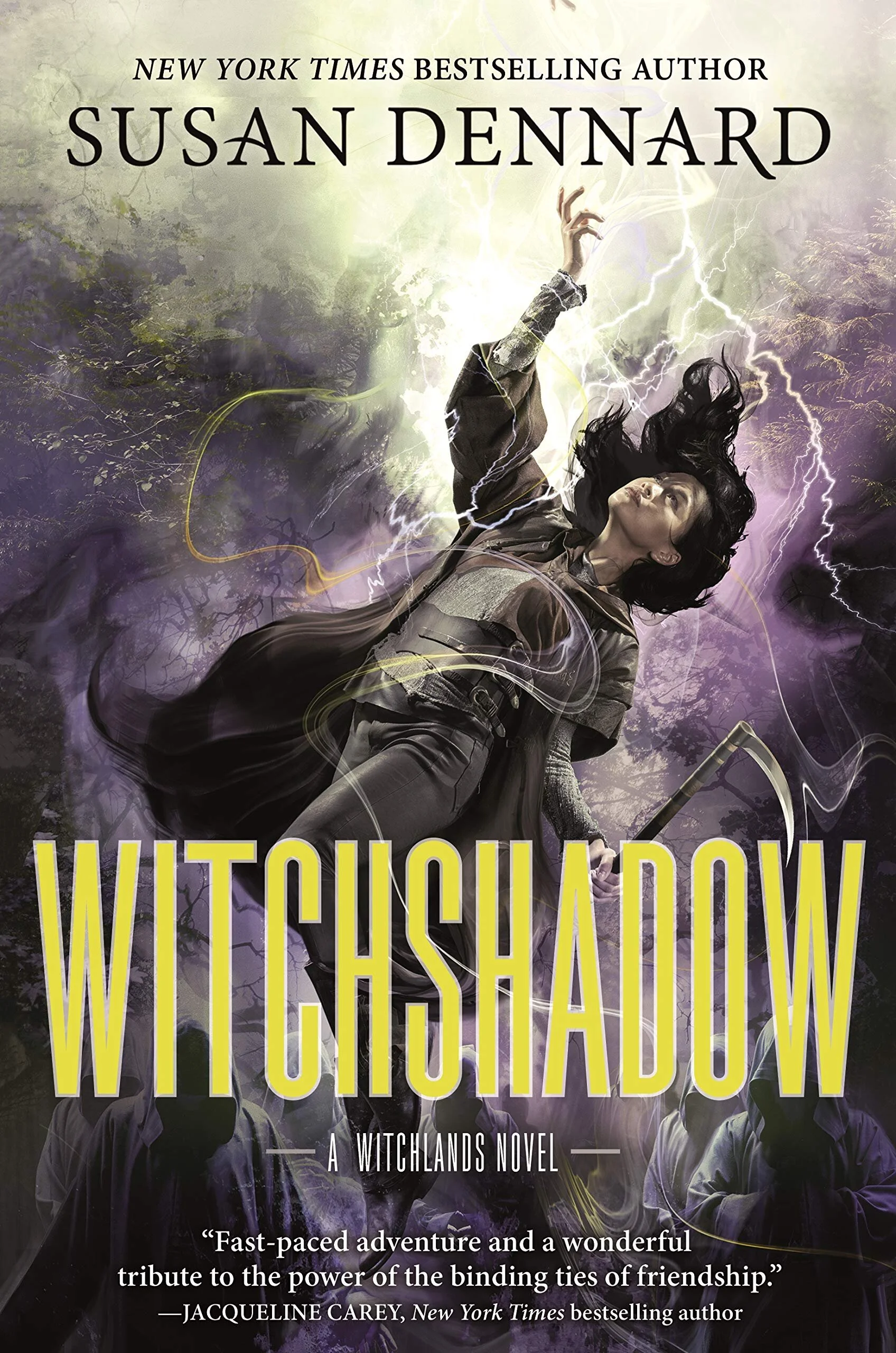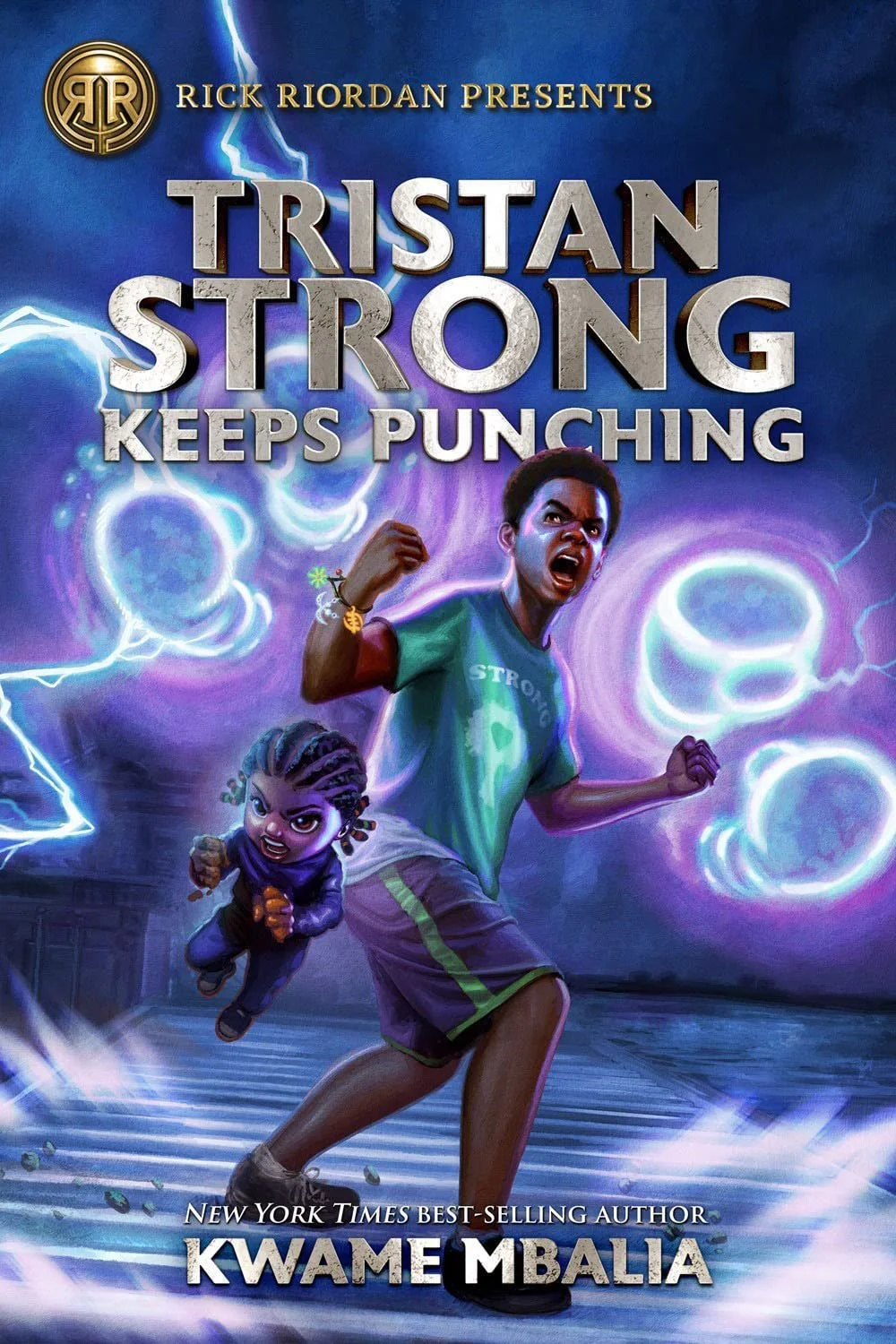Review: Tristan Strong Destroys the World by Kwame Mbalia
I love it when book two is even better than book one. The Tristan Strong trilogy is, so far, my very favorite of the Rick Riordan Presents books, and I am so excited for book three later this year. I am also very excited about continuing my reading of the books from this imprint.
Tristan Strong Punches a Hole in the Sky, the first in this series, follows Tristan Strong, a middle school-aged boxer living in Chicago whose best friend Eddie recently died. While he is learning to process that grief, he spends the summer with his paternal grandparents in rural Alabama. While on their farm, he is lead into their bottle tree forest by a living doll and ends up falling through the ground of our world and out the sky of another, Alke. While in Alke, a land where Black American legends and West African Gods both reside, Tristan must make friends and figure out how to fix the hole he caused in the sky and how to stop the creeping evil force threatening to tear the world apart.
The second book takes up in the same summer as the first; Tristan is still grappling with the grief and trauma from his real-world and magical life while also trying to do well boxing the local star in his weight class. He returns to Alke after an Alkean comes and kidnaps his Nana, while in Alke, he finds more trouble forming and must figure out how to help heal the world while also finding his grandmother.
I adored this second installment. There is so much to love about this book. Mbalia really has done an excellent job continuing on this world. I will continue to thrust this book into the hands of any and all middle-grade readers I encounter; I adore this series.
Tristan's character progresses in such a wonderful way; he is still learning and growing into himself but not forgetting the lessons he learned in the previous book. This story overall is about trauma and healing within a community, specifically the Black community. I really adore how this theme is handled, especially in this second book. Mbalia writes a character who continuously references his therapist positively, a boy who truly relies on and respects the women and girls in his life, and someone who is just as capable of expressing sadness and fear as he is of humor and joy. I really love Tristan as a character; he is such an excellent point-of-view character.
The other characters in Tristan's world, both of them, are just as excellent. I love the way Mbalia weaves folk heroes and gods into this world so seamlessly. High John, John Henry, Brer Rabbit, Anansi, boo hags, and Gum Baby all bring so much to this world. I particularly loved that this installment was so focused on a quartet of women to help Tristan save Alke this go around. I loved getting a new character and hope to spend more time with him in the next installment. And I am hoping for even more Ayanna as well, she is such a fun character, and I really want to see more of her.
The voice in this book is so wonderful. Mbalia really leans into the humor in such a lovely way. Tristan continuously drops puns, and I adore it. It is an excellent tension reliever when the audience needs a tiny break, and it keeps you grounded in the character so well.
The world-building continues to be so well done. And not just in relaying the storied of Black American legends and heroes and African gods, but also in the way Mbalia relays history both directly and indirectly. Mbalia is able to incorporate the horrors of the slave trade, the Jim Crow era, and the brutality faced at various points in time by Black folks into this story seamlessly. We have references to slave ships and chains both in their historical context and as monstrous creatures in this world. Mbalia references water hoses bringing to mind the 1960's brutality of the police. He does an excellent job incorporating history into fantasy and having both reinforce each other within the story. It really is masterful storytelling.
One of my favorite new elements to this book was the 'Kulture Vulture,' a vulture who steals elements of Black people's stories and claims them as his own. Mbalia is able to bring levity and seriousness in equal parts as he crafts an allegorical bird to talk about cultural appropriation. This book absolutely talks about so many serious topics, but it also does so in a very middle-grade accessible way with breaks for humor and excellent character growth.
I gave this book five stars. The series is so engaging, and I really would recommend it to everyone who reads middle-grade fantasy.






